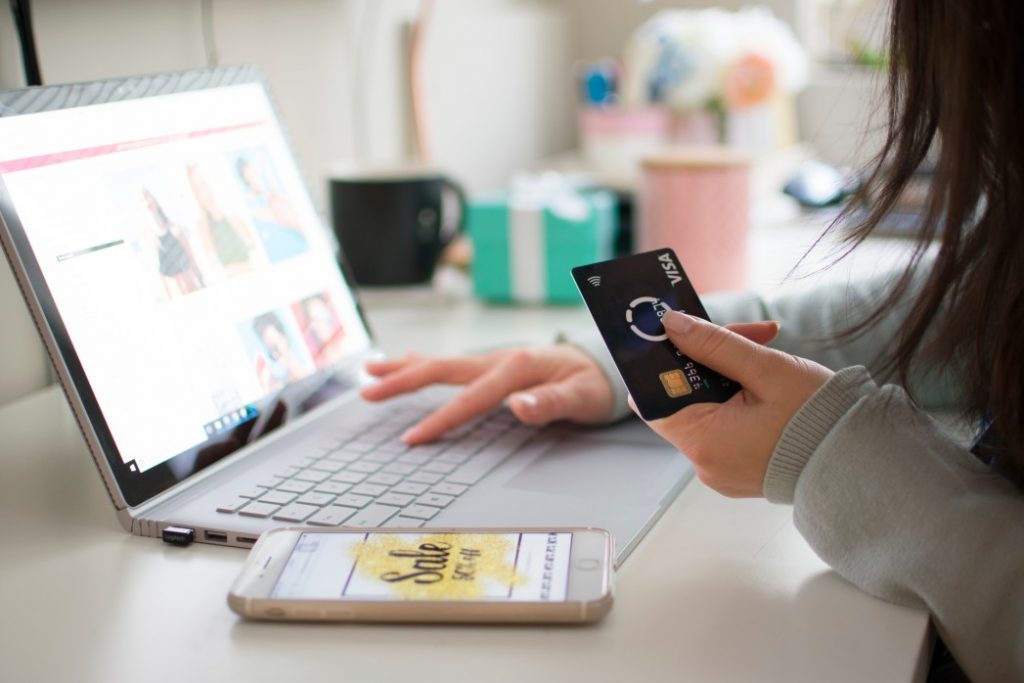How to look after your money during COVID-19
2020 is proving to be an extremely challenging year for us all. Along with having to navigate a world full of new challenges like lockdowns, social distancing and face masks, we also have to think about managing our finances throughout it all.
But along with the current financial assistance being offered from the Australian Government and the big banks, there are things you can do personally to help you can get through a pandemic financially better and come out on the other side better prepared and ready for the next.
You can get early access to your super fund
If you’re eligible, The Australian Government is offering anyone affected by the COVID-19 to access up to $10,000 of their super from 1 July until 24 September 2020*.
If you are thinking about withdrawing $10,000 from your super, make sure you consider all your options available. Talking to your bank or lender or seeking Government assistance before you do so. Super is a long-term investment, and any money spent now is money you won’t have invested for your future. Make sure you consider the impacts to your personal income in your retirement if you withdraw from your super.

Try cutting back on any non-essential expenses
If your income has been impacted by the pandemic, now is the time to cut back on the luxury items and any non-essential spending in your expenses.
Take stock of all your monthly subscriptions including any tv/music streaming services, magazine/gaming subscriptions and other random costs that are non-essential to help prioritise your costs to essential areas.
Try unsubscribing from tempting emails or browsing online shopping sites when you’re bored to help you kick-start the habit of not spending on useless goods and clothing.
By cutting back on subscriptions services that aren’t being used and removing any temptation, you can help your finances go to the areas that are priority spendings like mortgage or rent payments, essential transport and car repayment, monthly bills and food.

Get any outstanding debt under control
Falling behind on payments on outstanding debts you had before the pandemic started is stressful. The best place to start is with working out which ones are a priority and paying them first. These priority debts may include:
- Mortgage or rent payments;
- Gas, electricity or water bills;
- Car loan repayments; and
- Any other bills like council rates, body corporate fees, home insurance etc.
Speak directly with your bank, lender or service provider about structuring the outstanding debt into more manageable sized payments if you’re struggling to pay the debt off. You can also apply for financial hardship if you’ve got a range of other smaller debts like credit cards and payday loans.
Make sure you take the time to structure your debts and include this with your budget. This allows you to understand how to better repay your current debts without generating more debt along the way.

Start an emergency fund even during the pandemic
Having an emergency savings account may be the most important difference between those who manage to stay afloat and those who sink in debt when an unexpected circumstance arises. And if you don’t have one now and your budget allows it, now is the best time to start.
When it comes to building a savings buffer, most people save more successfully when they set a short-term goal. For example, committing to saving $20 a week for 6 months is much more achievable than setting a goal to save $500 a month for a year.
The best approach to building an emergency fund is to start with small scheduled transfers to a separate account that accumulates over time. Automated scheduled transfers are a simple way to save money and build up the emergency fund since you don’t have to think about it each paycheque. This also helps to reduce the temptation to spend the money instead.
And don’t overlook any extra cash you receive to help contribute to building the fund. Every time you receive a windfall, such a work bonus, tax refund or even an inheritance, put a portion into your savings account to help grow your emergency fund.
Related: Quick Saving Tips To Help Your Money Grow
Next Steps
If you’re feeling overwhelmed with your finances during the pandemic, don’t struggle alone. Reach out to your bank, your lender, or service provider to get help with managing your bills and debts. Also, utilise the support being offered by the Australian Government with both JobKeeper and JobSeeker payments and accessing your super early if you qualify.
There’s also free National Debt Helpline on 1800 007 007 who can help you in time of need.
If you have any questions, don’t hesitate to comment below or reach out to us on our Facebook page.
Dates and figures included in the article are accurate at the time of publishing.









0 Comments